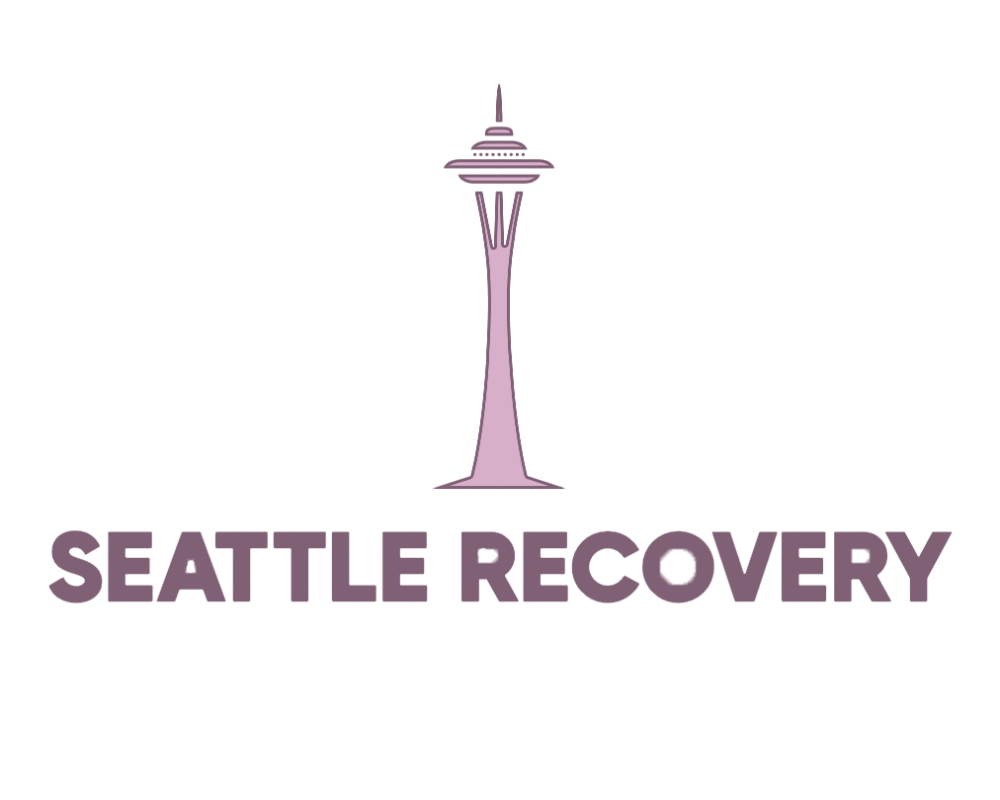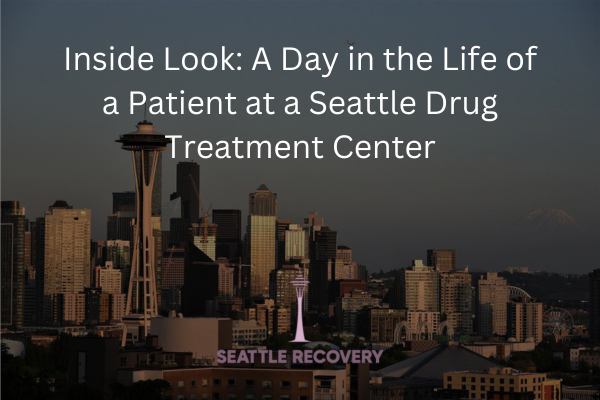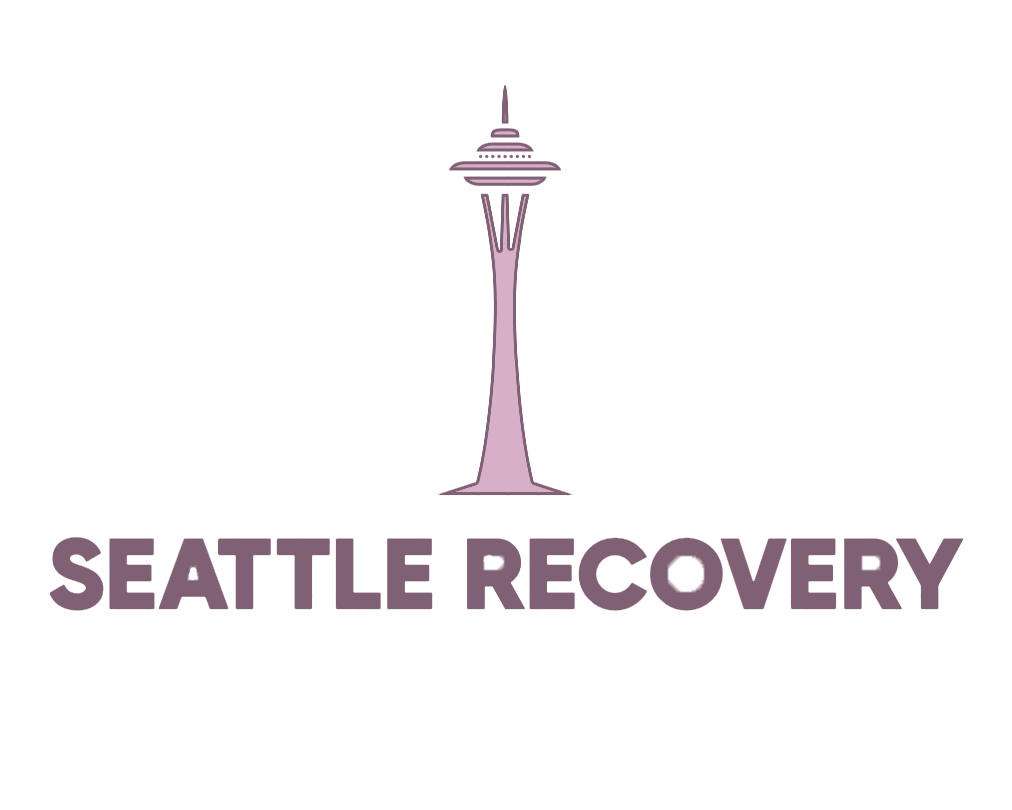The road to recovery from drug addiction is a long and challenging one, but it is also one of the most rewarding journeys a person can embark on. For individuals seeking help, a Seattle Drug Treatment Center provides the structured environment, therapeutic support, and compassionate care that are essential to recovery. The process of overcoming addiction is complex and involves not only physical healing but emotional and psychological work as well.
If you or a loved one are considering entering treatment at a Seattle Drug Treatment Center, it can be helpful to understand what a typical day in rehab looks like. Many people who are new to the recovery process are uncertain about what to expect, and this uncertainty can sometimes be a barrier to seeking help. In this post, we’ll walk you through a day in the life of a patient at Seattle Recovery, an expert mental health and substance abuse treatment center, offering insight into the structure, activities, and support systems that make recovery possible.
A Day in the Life at Seattle Recovery
At Seattle Recovery, our goal is to provide each patient with a personalized and comprehensive treatment plan that addresses their unique needs and challenges. Our team of experienced professionals, including therapists, counselors, and medical staff, work together to create a supportive and nurturing environment for our patients.
Each day at Seattle Recovery begins with morning meditation or mindfulness exercises. These practices help patients start the day with a clear mind and promote self-awareness and emotional regulation. Afterward, patients attend group therapy sessions where they have the opportunity to connect with others who are also on the recovery journey. Group therapy provides a safe space for individuals to share their experiences, receive support from peers, and learn valuable coping skills from one another.
In the afternoon, patients have individual therapy sessions with their assigned therapist. These one-on-one sessions allow for a deeper exploration of personal issues and challenges related to addiction. Our therapists use evidence-based practices to help patients develop healthy coping mechanisms and address underlying mental health issues that may contribute to substance abuse.
Physical Health
Physical well-being is also an essential aspect of recovery at Seattle Recovery. That’s why our facility offers nutritious meals prepared by our in-house chef and a variety of physical activities such as yoga, hiking, and sports. These activities not only promote physical health but also serve as a form of self-care and stress relief for our patients.
Evenings at Seattle Recovery are dedicated to recreational activities, including movie nights, game nights, and art therapy. These activities allow patients to have fun and express themselves in a safe and supportive environment. We also offer educational workshops on life skills, relapse prevention, and other topics relevant to recovery.
At Seattle Recovery, we understand that the road to recovery is not an easy one. That’s why we have a dedicated team of professionals who are committed to supporting our patients every step of the way. From the structured daily routine to various therapies and recreational activities, everything at Seattle Recovery is designed to help individuals overcome their addiction and build a healthier future for themselves.
Morning Routine: Starting the Day with Structure and Support
For individuals who have spent their lives struggling with addiction, structure and routine can feel foreign or even uncomfortable at first. However, structure is one of the most important components of recovery. At a Seattle Drug Treatment Center, the day begins early, with the first few hours of the morning dedicated to setting the tone for the day ahead.
Wake-Up and Morning Check-In
A typical day at Seattle Recovery begins with a wake-up time around 7:00 AM. While this may feel early for some, the goal is to encourage a routine that promotes a healthy lifestyle and sets the foundation for a day of productive work in recovery. When a patient wakes up, they may have some time for personal care and preparing for the day.
After getting dressed and freshened up, patients participate in a brief morning check-in. This check-in typically involves a meeting with a counselor or a therapist to review any issues that might need attention. Patients are encouraged to discuss their feelings, thoughts, and any concerns that might have arisen overnight. This helps everyone get on the same page and start the day with a clear sense of purpose.
Morning Meditation or Mindfulness Practice
Many Seattle Drug and Alcohol Treatment Center programs include mindfulness-based practices such as meditation, breathing exercises, or yoga in the morning routine. These practices help patients begin their day with a sense of calm and awareness. By focusing on the present moment, patients are encouraged to put aside worries about the future or the past, and instead, focus on their recovery.
Mindfulness techniques are especially helpful for those who experience anxiety or depression as part of their addiction struggles. Learning to manage emotions in a healthy way is a critical aspect of overcoming substance abuse, and it often begins with practices that promote mental clarity and peace.
Therapy Sessions: Getting to the Heart of Addiction
At Seattle Recovery, the majority of the day is spent participating in various therapy sessions aimed at uncovering the root causes of addiction and developing the skills needed to maintain sobriety. Therapy is often done in both individual and group settings, each offering different benefits to the recovery process.
Individual Therapy: One-on-One with a Counselor
One of the most important aspects of treatment at a Seattle Drug Rehab Center is individual therapy. Patients meet with a licensed therapist to explore the psychological and emotional factors that may have contributed to their addiction. In these sessions, patients are encouraged to be honest and open about their struggles, including trauma, mental health issues, and life stressors.
Therapists utilize a range of therapeutic approaches, including Cognitive Behavioral Therapy (CBT), Dialectical Behavioral Therapy (DBT), and Motivational Interviewing (MI). These therapies help patients identify negative thought patterns, learn to cope with cravings, and address any co-occurring disorders such as anxiety or depression. By focusing on both the addiction itself and any underlying issues, individual therapy aims to help patients create lasting change.
Group Therapy: Building Connection and Accountability
In addition to individual therapy, patients at a Seattle Drug Treatment Center typically participate in group therapy. Group therapy allows patients to connect with others who are experiencing similar struggles, providing a sense of community and shared experience. It is often one of the most powerful aspects of addiction treatment because it helps patients realize that they are not alone in their recovery journey.
During group therapy, a licensed therapist or counselor facilitates discussions on various topics related to addiction, recovery, and life skills. Common themes include coping strategies, relapse prevention, healthy communication, and building emotional resilience. Patients are encouraged to share their experiences, offer support to others, and learn from the perspectives of their peers.
The group dynamic fosters a sense of accountability, which is essential for maintaining sobriety. Many individuals find strength in knowing that others are relying on them to show up, participate, and work toward their recovery. Group therapy also helps patients practice new skills and behaviors in a safe, supportive setting.
Physical Wellness: Taking Care of the Body
Addiction doesn’t just take a toll on the mind; it also damages the body. A Seattle Drug Treatment Center places a strong emphasis on physical wellness, encouraging patients to rebuild their health and strength. Throughout the day, patients are given opportunities to engage in physical activities that promote both physical and mental well-being.
Exercise and Outdoor Activities
In many rehab programs, physical activity plays a key role in helping individuals restore balance to their lives. Exercise is not only a healthy outlet for stress and negative emotions. It also helps improve mood, boost energy, and improve sleep. Patients at Seattle Recovery may participate in fitness classes, individual workouts, or group activities. These include walking, hiking, or yoga.
Outdoor activities are especially beneficial because they provide a change of scenery. They allow patients to experience the calming effects of nature. Whether it’s a walk through a nearby park or a group hike in the beautiful Pacific Northwest, outdoor exercise helps. It helps individuals reconnect with their bodies and the world around them.
Healthy Meals and Nutrition
Rehab centers like Seattle Recovery often provide healthy, balanced meals. This ensures patients are getting the proper nutrition to support their recovery. Addiction can often lead to poor eating habits or malnutrition. A focus on healthy eating is an essential part of the treatment process.
Patients are encouraged to eat nourishing foods and drink plenty of water. They should avoid substances that could negatively impact their health, such as caffeine or sugary foods. The goal is to rebuild the body and create a foundation of good health that will support long-term sobriety.
Midday Break: Time for Reflection and Rest
After a productive morning of therapy, exercise, and personal growth, patients typically have a midday break. They can relax, reflect, and rest. This downtime allows individuals to decompress, process their feelings, or engage in personal activities. These include reading, journaling, or meditation.
At Seattle Recovery, patients are encouraged to engage in activities that promote self-care and mindfulness during their breaks. Some individuals may choose to meditate or practice deep breathing. Others may take a walk outside, connect with a sponsor or peer, or enjoy quiet time in their room. These moments of rest are important for maintaining emotional balance and preventing burnout during the recovery process.
Afternoon Activities: Skill-Building and Education
In the afternoon, patients at a Seattle Drug Treatment Center continue their journey of self-improvement. They participate in educational sessions and skill-building activities. These sessions are designed to equip patients with the tools they need to maintain sobriety once they leave treatment.
Life Skills Training
Life skills training is a critical component of addiction recovery. This may include learning how to manage stress, handle relationships, create a budget, or pursue career goals. At Seattle Recovery, patients are given the opportunity to develop essential life skills. These skills help them navigate the challenges of life after rehab. The focus is on building self-confidence and independence, enabling patients to transition smoothly back into their communities.
Relapse Prevention and Coping Skills
Relapse prevention is another key area of focus in the afternoon. Patients participate in sessions that help them recognize triggers, cope with cravings, and manage stress. They learn how to handle difficult emotions and situations without turning to drugs or alcohol. Relapse prevention education typically involves teaching patients how to create a structured daily routine. They learn to develop healthy coping mechanisms and build a strong support network. This is an essential part of recovery. It helps individuals stay grounded in their sobriety. It helps them avoid situations that might lead to relapse.
Evening Routine: Reflection and Support
As the day winds down, patients at Seattle Recovery gather for their evening reflection and support groups. The evening is a time for patients to reflect on their progress throughout the day. They share any struggles they may have encountered and receive encouragement from their peers.
Evening Group Meetings
Many Seattle Drug Treatment Centers host evening group meetings. Patients gather to discuss their day, share insights, and provide support. This is another opportunity to connect with others in recovery and build a sense of camaraderie. Patients may share their challenges, victories, or any feelings of discomfort they experienced. In turn, they receive feedback and encouragement from others in the group.
Evening meetings can also include a focus on gratitude. Patients reflect on the positive aspects of their recovery and the progress they’ve made. This helps foster a mindset of positivity and hope, which is essential for maintaining momentum in recovery.
Preparing for Bed
The day ends with time for personal care and quiet reflection. Patients are encouraged to unwind, practice relaxation techniques, and prepare for a restful night’s sleep. A good night’s sleep is essential for physical and emotional healing. It sets the stage for another productive day of recovery.
Reach Out for Help Today
A day in the life of a patient at a Seattle Drug Treatment Center is structured, supportive, and focused. It focuses on healing the body, mind, and spirit. From therapy sessions to physical wellness activities, each aspect of treatment equips individuals with the tools they need. These tools help them maintain long-term sobriety. Through a combination of education, skill-building, and personal reflection, individuals gain empowerment. They overcome addiction and build fulfilling lives in recovery.
Reach out to us today to start your journey toward healing and recovery. Together, we can break the cycle. Give us a call at (206) 231-0252 or visit our website at www.seattlerecovery.org to learn more about how we can help you or your loved one today.








